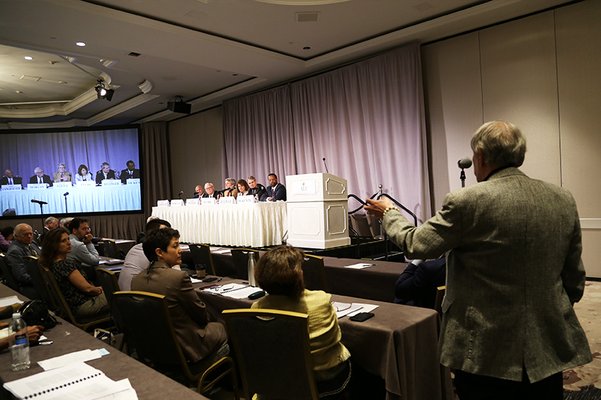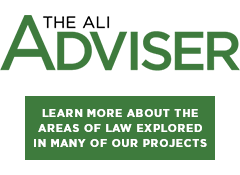Duty to Whom? Ethics Dilemmas Confronted by Government Lawyers

Government lawyers are bound by the same rules of professional conduct as other lawyers. However, their unique role raises issues not normally encountered in the private sector. For example, traditional model rules of conduct state that a lawyer must zealously represent the client, but the special obligations of a government lawyer lead to the question, “Who is the client?”
Recorded on May 19 at ALI’s 96th Annual Meeting, this two-hour webcast examines some of the unique ethical quandaries particular to lawyers working in government service and how they may be resolved.
Topics covered include:
Who is the client? Does the government lawyer represent an office, public official, or the public-at-large? Does the identity of the client shift depending on the matter that confronts the government lawyer?
What can and should a government lawyer do when client interests diverge from the public interest?
How does the disparity in resources among federal, state, and local government offices shape a government lawyer’s decision-making?
What concrete actions should government lawyers take if they find themselves in a potentially unethical or unlawful situation?
The panel was led by Troy McKenzie of NYU School of Law, and featured John B. BellingerIII of Arnold & Porter, Meredith Fuchs of Capital One, Derek P. Langhauser, Chief Legal Counsel, Office of the Governor of Maine, Thomas D. Morgan of George Washington University Law School, and Richard W. Painter of University of Minnesota Law School.
Register for the June 27th webcast by visiting www.ali-cle.org.
